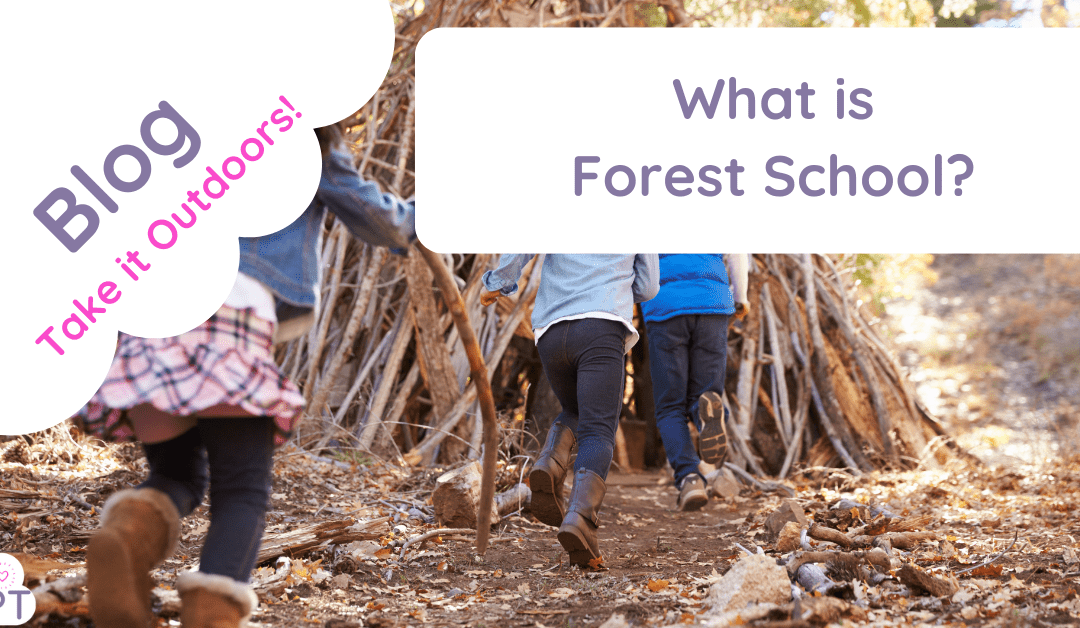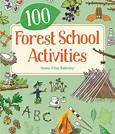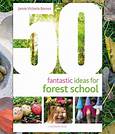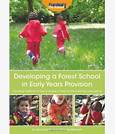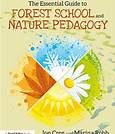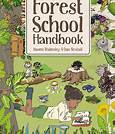What is Forest School?
Forest School is a transformative approach to education that takes students beyond the confines of the traditional classroom and into the natural world. This dynamic method of teaching and learning leverages the power of nature to create engaging, hands-on experiences that enhance academic skills and promote physical health, emotional well-being, and environmental stewardship.
Theoretical Foundations of Forest School
The roots of Forest School theory can be traced back to the pioneering work of educational theorists like Jean Piaget and Lev Vygotsky. They emphasised the importance of experiential learning and the role of the environment in shaping cognitive development. More recent approaches, such as the Forest School movement, have further underscored the value of outdoor learning in fostering a deep connection with nature and promoting holistic development.
What is Forest School?
A Forest School is a holistic, learner-led, long-term outdoor education process. It allows children to develop themselves through healthy engagement with risk, problem-solving, and self-discovery, all within a natural environment in a hands-on and thoughtful manner. All forms of outdoor education are valuable, but Forest Schools have their philosophies and ethos that benefit children in unique ways.
Muddy Puddle Teacher’s Approach
The Muddy Puddle Teacher offers a wealth of resources for outdoor learning. Their approach is built on substantial evidence of the benefits and challenges schools face when embedding outdoor learning into core teaching. They provide practical ideas for implementing outdoor classrooms and offer a range of resources for further exploration.
In conclusion, Forest School provides a robust framework for holistic education. It enhances academic performance and promotes physical and mental well-being, social and emotional development, and a deeper connection with nature. As educators, we are responsible for integrating Forest School into our curriculum and providing our students with these invaluable experiences.
Top 10 Forest School Books
- “Developing Early Literacy Skills Outdoors” by Marianne Sargent1: This book is suitable for early years and is part of a series that focuses on literacy, science, and maths outdoors.
- “Outdoor Literacy” by Ros Bailey, Helen Bromley, and Lynn Broadbent1: A spiral-bound book with 50 exciting starting points for outdoor literacy experiences.
- “Let’s Take a Story Book Outside” by Ruth Ludlow1: This book provides exciting ways to promote outdoor creativity using a storybook as a springboard to other experiences.
- “Learning on your Doorstep” by Isabel Hopwood-Stevens1: This book provides stimulating writing through creative play outdoors with 5-9-year-olds.
- “Literacy in Forest School” by Patrick Harrison1: This book is most suitable for those developing early literacy skills, particularly letters and sounds, EYFS2, and KS1.
- “Celebrating Nature” by Gordon MacLellan1: This book is not strictly about literacy. However, Gordon, aka Creeping Toad, ’s ideas are creative and seep in language.
- “The Essential Guide to Forest School and Nature Pedagogy”2: This outdoor learning guide focuses specifically on how Nature Pedagogy can help young children learn about and form relationships with nature and wildlife.
- “The Outdoor Classroom in Practice, Ages 3–7: A Month-By-Month Guide to Forest School Provision”2: This book ensures that teachers have the tools to utilize outdoor spaces to their full potential for early years education.
- “Playing and Learning Outdoors: The Practical Guide and Sourcebook for Excellence in Outdoor Provision and Practice with Young Children”2: This book showcases the best ways to combine outdoor play and early education for kids aged seven and under.
- “25+ Outdoor Literacy Books, Packs, Videos, and Downloads”1: This blog post provides you with links to FREE as well as paid resources to support your outdoor literacy work.
I hope this helps! Let me know if you need any further assistance.


